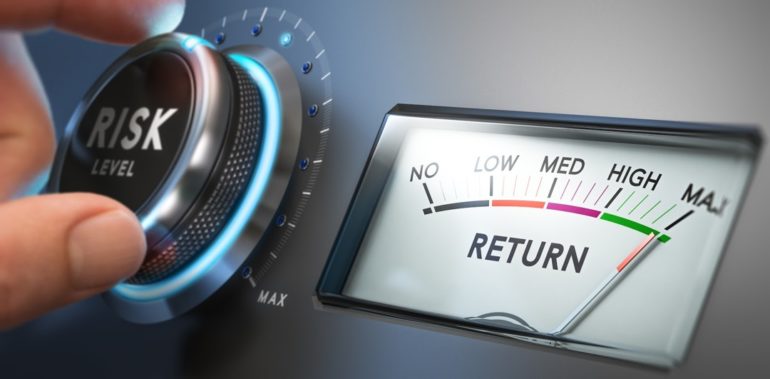
Any good advisor will ask you about your risk tolerance, but what do they mean?
Risk tolerance describes the quantity and intensity of change in the value of your investments that you are willing to accept without having a panic attack. Think of it this way, if in any given year your investments go down 45% and you don’t panic, you have a very high-risk tolerance. Risk tolerance is your willingness to take on risk.
All Investments Have Some Risk
Investments carry different levels of risk. Stocks usually have a higher potential for change than bonds. This is commonly called equity pricing risk. Since stock prices can change dramatically even within one day of trading, they are therefore riskier than bonds.
Bonds trade in a narrow range with moderate fluctuations but are subject to interest rate risk. When interest rates decline the price of a bond moves upward. The opposite is also true. When rates increase, the price of existing bonds with lover interest rates will fall.
What’s Your Tolerance for Risk?
To determine your risk tolerance, advisors use several different risk analysis questionnaires. You can also find them online. But do they really give you an accurate picture of the kind of risk you are willing to take? Often, folks answer the questions and yet the outcome is not what they expected.
Factors for a misleading outcome from the tests includes a misunderstanding of the question, a lack of real experience with market fluctuations or less than thoughtful answers just to get the questionnaire completed.
Risk tolerance has to be refined as circumstances change and your goals and needs evolve. As you get older, your risk tolerance may decrease, or you may want to increase risk because you know you will have enough to provide income for the rest of your life.
Now everyone wants an investment that grows say 10% each year without any chance of change or in other words, zero risk. But that doesn’t exist. The balance between risk and reward is what needs to be considered in investing. In general, the higher the risk the higher the potential reward.
Most folks are willing to take some risk and should, but the level of risk that is acceptable to you is defined as your risk tolerance.








